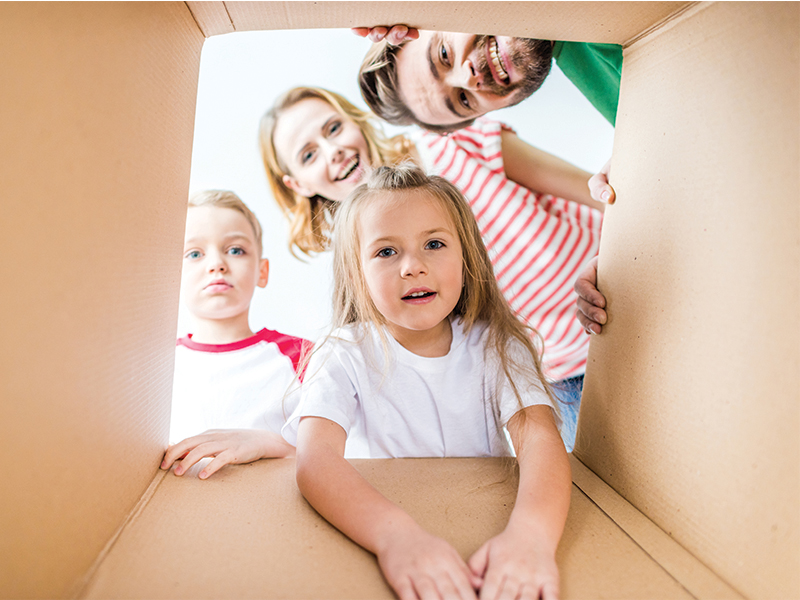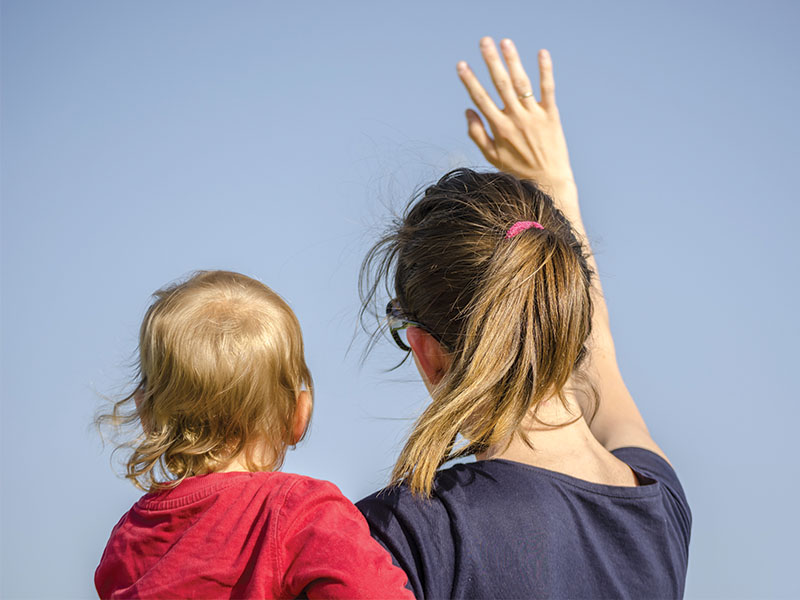“All good things must come to an end.” It might be a tired cliché, but at some stage most expats in Singapore will have to face reality and return home. Some leave willingly, others are half-hearted; and then there are those who have deep reservations about their move. Wherever you sit on this spectrum, and whether you’ve lived here for 18 months or eight years, there’s little doubt you will feel some culture shock in your native country. We asked intercultural trainer, coach and German expat JALEH ALICIA NAYYERI for some advice on what to expect, how to prepare and how to handle it when you hit home soil.

What is reverse culture shock?
We often expect to fit in immediately when we return to our home country, because it’s our “home”. What we don’t expect or anticipate is a clash, or feelings of alienation. For many, reverse culture shock is a surprise – and it’s something that is often overlooked. In the same way that the outbound trip caused culture shock, reverse culture shock also has its stages: excitement, crisis and a gradual adjustment towards feeling comfortable again with where, and who, we are.
People sometimes romanticise the notion of their “home”, especially at the beginning of a stay abroad. There is a possible pitfall with this. After successfully adapting to the new culture, when it’s time to go back, we think that “home” is a place that we know inside out. We don’t take time to consider that we, as well as our country of origin, have changed in the meantime. We may be tempted to rush the repatriation process or not dedicate as much attention to our return home, as we would to another expat posting. Yet, often repatriation is more difficult than expatriation.
Tips for easing into life at home
Try to use the new skills you acquired during your time abroad and keep them updated. Find and enjoy new family activities. Resume an old hobby or start a new one. Rediscover your home country – sometimes, going back can feel like a new assignment. Maintain some of the cultural habits or traditions of your host country. Why not put some pussy willow branches in a vase and decorate them with red trinkets at the next Chinese New Year?
What are some coping strategies when things don’t seem so rosy or enjoyable?
Finding and joining expat groups with people who have the expat experience in common might be helpful and can be a good option to keep the experiences alive. At the same time, we need to re-adjust and leave the “bubble” we have lived in. It takes some time to re-establish our sense of self. An essential way to not drown in the sea of culture shock is through communication; we should create room for every family member to voice their concerns, excitement, anger and happiness about the repatriation.

What are some common questions expats may find themselves asking?
During the repatriation process, it’s common for expats to ask:
- “Why do I feel like a foreigner in my own country?”
- “What is my sense of identity here?”
- “Will I ever fit in?”
- “Why don’t people want to know or ask questions about the experience of living in Singapore?”
After years living in a foreign country, many of us have undergone immense personal development. At the same time, our families, friends and colleagues in the home country might also have changed – but maybe not in the same direction. This may cause a feeling of alienation because those at home have lived a different life and not been exposed to the experiences of living abroad.
How can families prepare for the best transition?
If you have children, it’s important to let them know about a planned move as soon as possible, and to create and allow space for their emotions so that feelings of loss and excitement can be expressed and validated. Remind them of the positive things that will result from the move – this will help them find their way through the transition process. Depending on their age, encourage children to play an active role in the repatriation, and let them have their own farewell rituals. Most of this applies to adults, too, as they may also have mixed feelings. As for parents, while it’s easy for them to forget their own wellbeing, if they’re sleep-deprived, distressed or miserable, it’s not helpful for the children. So, parents should also take care of their own needs.
Do children experience relocation differently to adults?
The way in which children experience and perceive relocation – and the extent to which they do so – depends on their age:
• Kids aged zero to six years may not remember their home country. “Home” is the country they are about to leave. For them, repatriation is like starting a new life.
• For children aged seven to 12 years, “home” is the place that holds the most recent memories. They usually remember their home country, but the memories may be vague.
• Teenagers face a wider range of issues than their parents. “Home” is the country they left when the assignment started. They may or may not have been excited about the relocation; they may or may not have successfully adapted. Repatriating means that they have to leave their friends, and they are also old enough to realise that “home” will be different.
Why is leaving Singapore to repatriate home different to leaving Singapore to another expat posting?
When we return home, we don’t expect reverse culture shock. We feel that we’re going to a place we’re familiar with because we’ve lived there before; it’s a place where we have friends, and where we know habits, customs, norms, and do’s and don’ts. We don’t expect to encounter difficulties. Leaving for another expat posting includes the confrontation with a new culture, unfamiliar habits and people. We’re more aware that we should get prepared – because we expect that clash with the unknown.
Common feelings to expect in the first few months
- Boredom
- Frustration because no one wants to listen and hear about my experiences
- Reverse homesickness
- Feelings of estrangement
- Inability to apply new knowledge and skills
For more information, visit kommkontor21.de/en.

Like this? Read more at our health and fitness section.
This article first appeared in the July 2017 edition of Expat Living. You can purchase a copy or subscribe so you never miss an issue!


